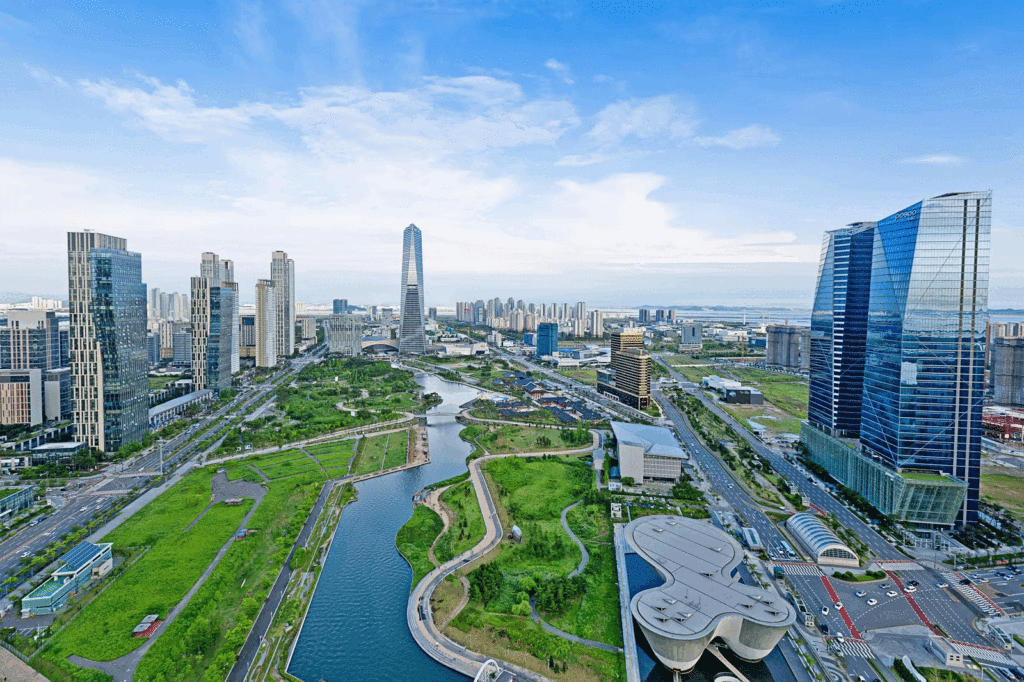
Cannabis Laws in Incheon, South Korea: Rigorous Regulations and Legal Framework
weed in incheon south korea, a vibrant city on the western coast of South Korea, adheres to stringent regulations governing cannabis use. This article provides an overview of the current legal status of cannabis in Incheon, exploring existing regulations, potential penalties, and the cultural context that shapes South Korea’s approach to cannabis.
Current Legal Status
As of my last knowledge update in January 2022, South Korea maintains a zero-tolerance policy towards cannabis. The country strictly prohibits the use, possession, cultivation, and distribution of cannabis, categorizing it as an illicit substance. Incheon, like all regions in South Korea, adheres to these national laws.
Penalties for Cannabis Offenses
In Incheon and throughout South Korea, penalties for cannabis-related offenses are severe. Individuals found in violation of these laws may face imprisonment, substantial fines, and potential deportation for non-citizens. The stringent penalties align with South Korea’s steadfast stance against drug offenses.
Cultural Context and Public Opinion
weed in incheon south korea cultural context, deeply rooted in Confucian values, emphasizes social order and conformity. Public sentiment in Incheon views drug use, including cannabis, as a serious threat to societal harmony and overall well-being. Public opinion is strongly influenced by cultural values that prioritize law-abiding behavior and the preservation of social cohesion.
Potential Shifts in Public Opinion
While global discussions about the medicinal benefits of cannabis persist, South Korea’s legal and cultural landscape remains conservative. Any significant shifts in public opinion in Incheon would need to navigate traditional values and societal expectations deeply ingrained in the culture. As of now, the strict prohibitionist stance prevails.
International Comparisons
Comparing South Korea’s approach to cannabis with other countries underscores its unique position. While some nations are moving towards more lenient policies or even legalization, South Korea continues to uphold strict prohibitionist measures, aligning with its cultural values and societal priorities.
Conclusion
Incheon, in line with South Korea’s overarching legal framework, strictly prohibits the use, possession, cultivation, and distribution of cannabis. The city’s cultural context, characterized by its adherence to Confucian values, reinforces prevailing attitudes toward drug use. As global perspectives on cannabis continue to evolve, discussions about potential changes to South Korea’s laws may emerge. However, any adjustments are likely to be gradual and considerate of the country’s unique cultural values. In the meantime, residents and visitors to Incheon must navigate the stringent legal landscape surrounding cannabis, recognizing the severe legal consequences associated with its use or possession.
